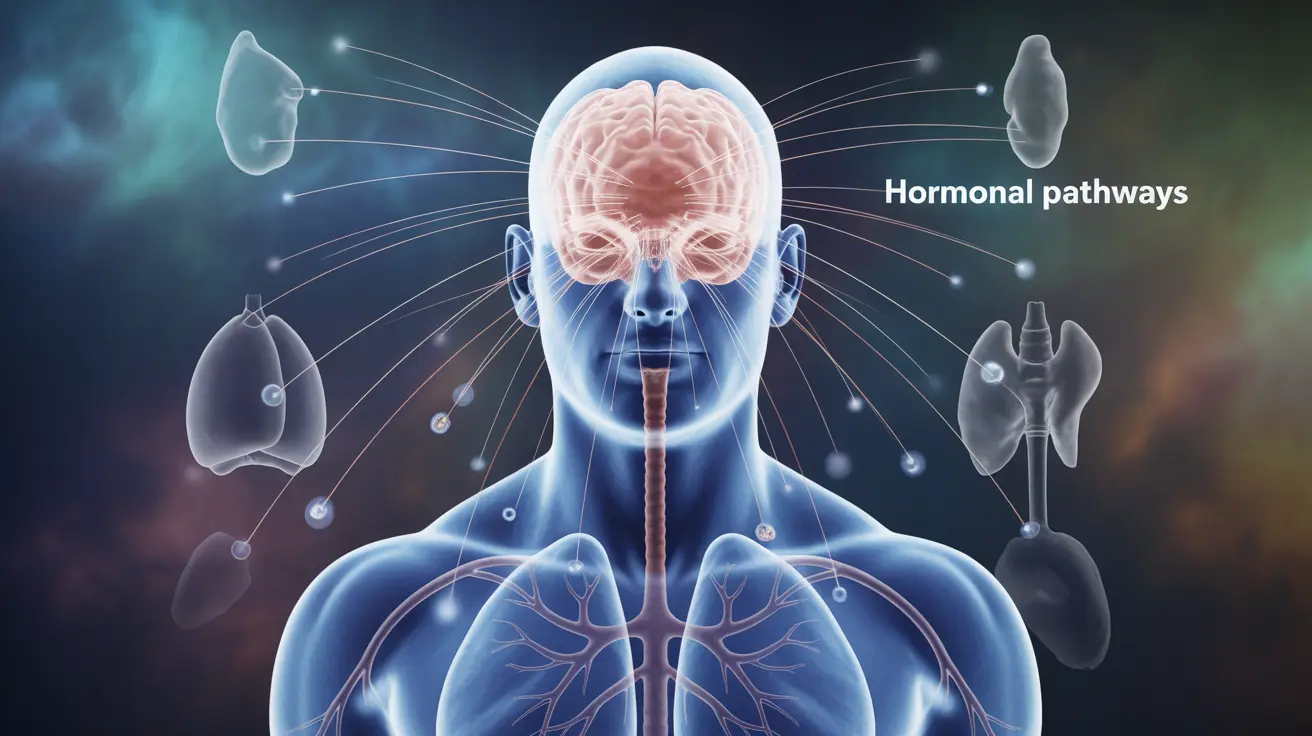Low testosterone levels aren't just a concern for older men. Increasingly, young males under 30 are experiencing this hormone imbalance, which can significantly impact their physical health, mental well-being, and quality of life. Understanding what causes low testosterone in young males is crucial for early detection and effective treatment.
This comprehensive guide explores the various factors that can lead to low testosterone in younger men, common symptoms to watch for, and available treatment options that can help restore hormonal balance.
Common Causes of Low Testosterone in Young Men
Several medical conditions and lifestyle factors can contribute to low testosterone levels in men under 30:
Medical Conditions
- Genetic disorders like Klinefelter syndrome
- Chronic diseases such as type 2 diabetes
- Pituitary gland disorders
- Testicular injuries or infections
- Autoimmune conditions affecting hormone production
Lifestyle and Environmental Factors
- Chronic stress
- Poor sleep habits
- Excessive alcohol consumption
- Certain medications
- Exposure to endocrine-disrupting chemicals
Recognizing Low Testosterone Symptoms
Young men with low testosterone often experience a range of physical and psychological symptoms:
Physical Signs
- Decreased muscle mass and strength
- Increased body fat
- Reduced bone density
- Fatigue and low energy levels
- Decreased libido
- Erectile dysfunction
Psychological Symptoms
- Depression or mood changes
- Difficulty concentrating
- Reduced motivation
- Increased anxiety
- Poor self-confidence
Diagnosis and Testing
Proper diagnosis of low testosterone involves several steps:
Initial Assessment
- Comprehensive medical history review
- Physical examination
- Discussion of symptoms and lifestyle factors
Laboratory Testing
- Morning blood testosterone measurements
- Multiple tests to confirm levels
- Additional hormone level testing
- Other relevant blood work to identify underlying causes
Impact of Lifestyle on Testosterone Levels
Various lifestyle factors can significantly affect testosterone production in young men:
Negative Influences
- Obesity and excess body fat
- Poor diet high in processed foods
- Lack of physical activity
- Excessive alcohol consumption
- Drug use
- Chronic sleep deprivation
Treatment Options and Lifestyle Changes
Treatment approaches typically combine medical interventions with lifestyle modifications:
Medical Treatments
- Testosterone replacement therapy (when appropriate)
- Treatment of underlying medical conditions
- Management of contributing medications
Lifestyle Modifications
- Regular strength training and exercise
- Balanced nutrition focused on whole foods
- Stress management techniques
- Improved sleep habits
- Reduction in alcohol consumption
Frequently Asked Questions
What are the most common causes of low testosterone in young men under 30? The most common causes include genetic conditions, pituitary gland disorders, chronic diseases, obesity, poor sleep habits, and excessive alcohol consumption. Stress and certain medications can also play significant roles.
What symptoms should young males look for if they suspect low testosterone? Key symptoms include decreased muscle mass, increased body fat, fatigue, low libido, erectile dysfunction, mood changes, depression, and difficulty concentrating.
How is low testosterone diagnosed and confirmed in younger men? Diagnosis involves morning blood testosterone tests, usually repeated multiple times, along with comprehensive medical history review and physical examination. Additional hormone testing may be necessary to confirm the diagnosis.
Can lifestyle factors like obesity, alcohol, or drug use lead to low testosterone in young males? Yes, lifestyle factors significantly impact testosterone levels. Obesity, excessive alcohol consumption, drug use, poor sleep, and lack of exercise can all contribute to lower testosterone production.
What treatments or lifestyle changes can help increase testosterone levels in young men? Treatment options include testosterone replacement therapy when appropriate, combined with lifestyle changes such as regular exercise, proper nutrition, stress management, adequate sleep, and reducing alcohol consumption.




